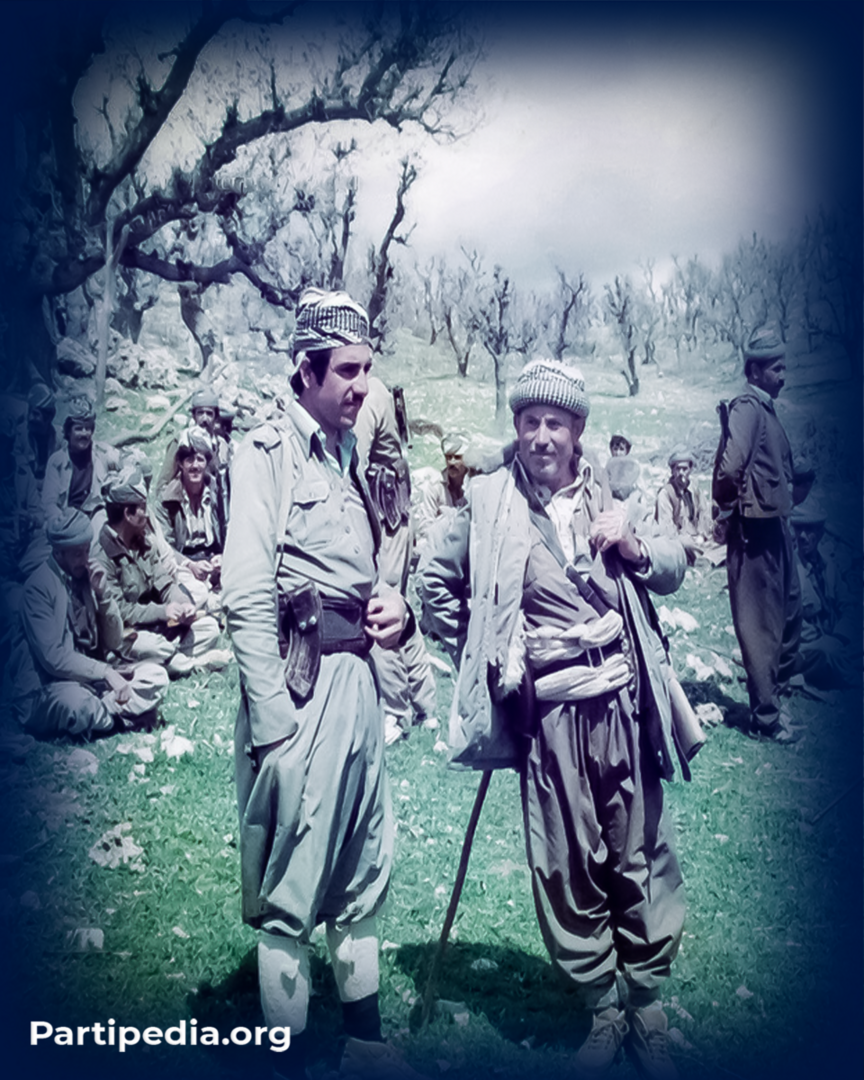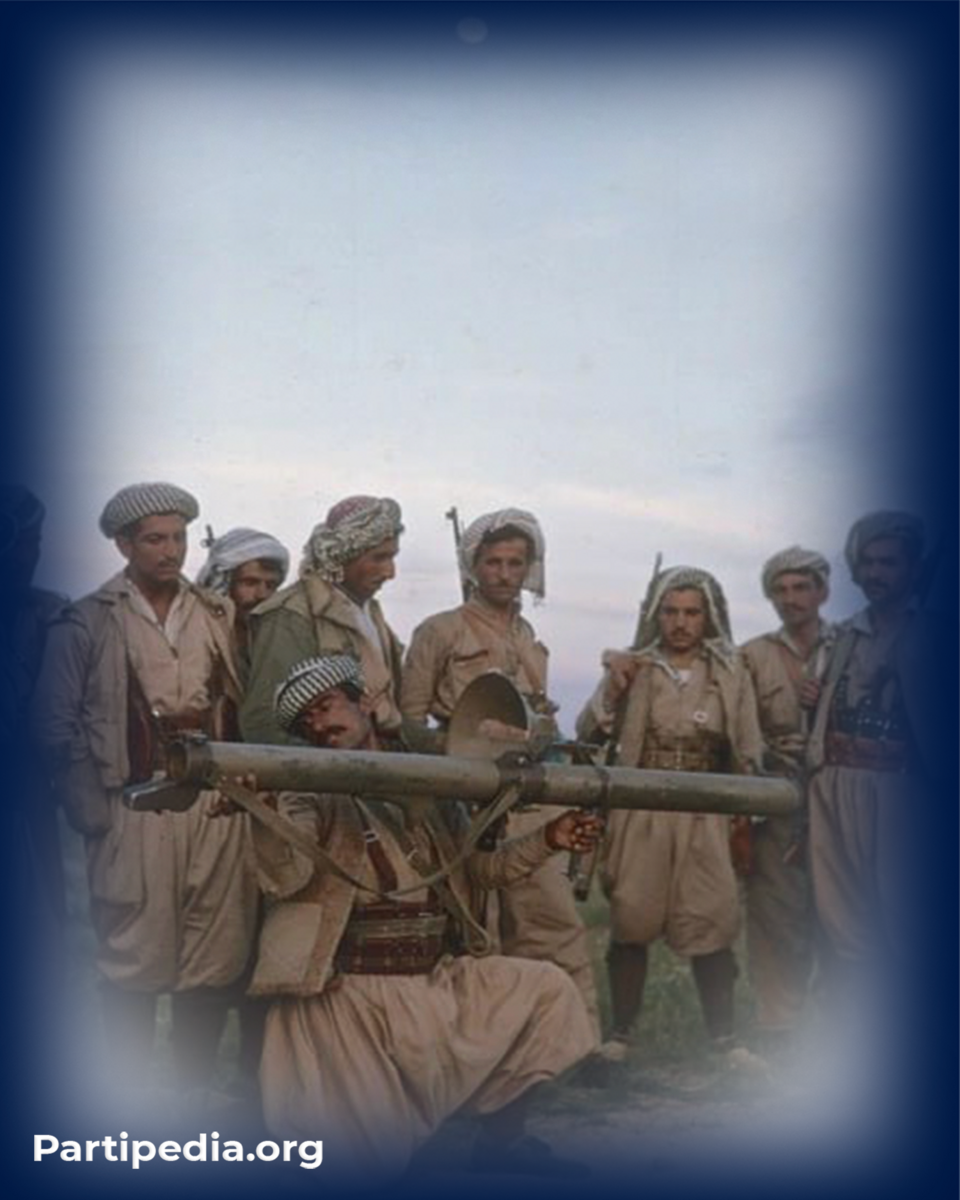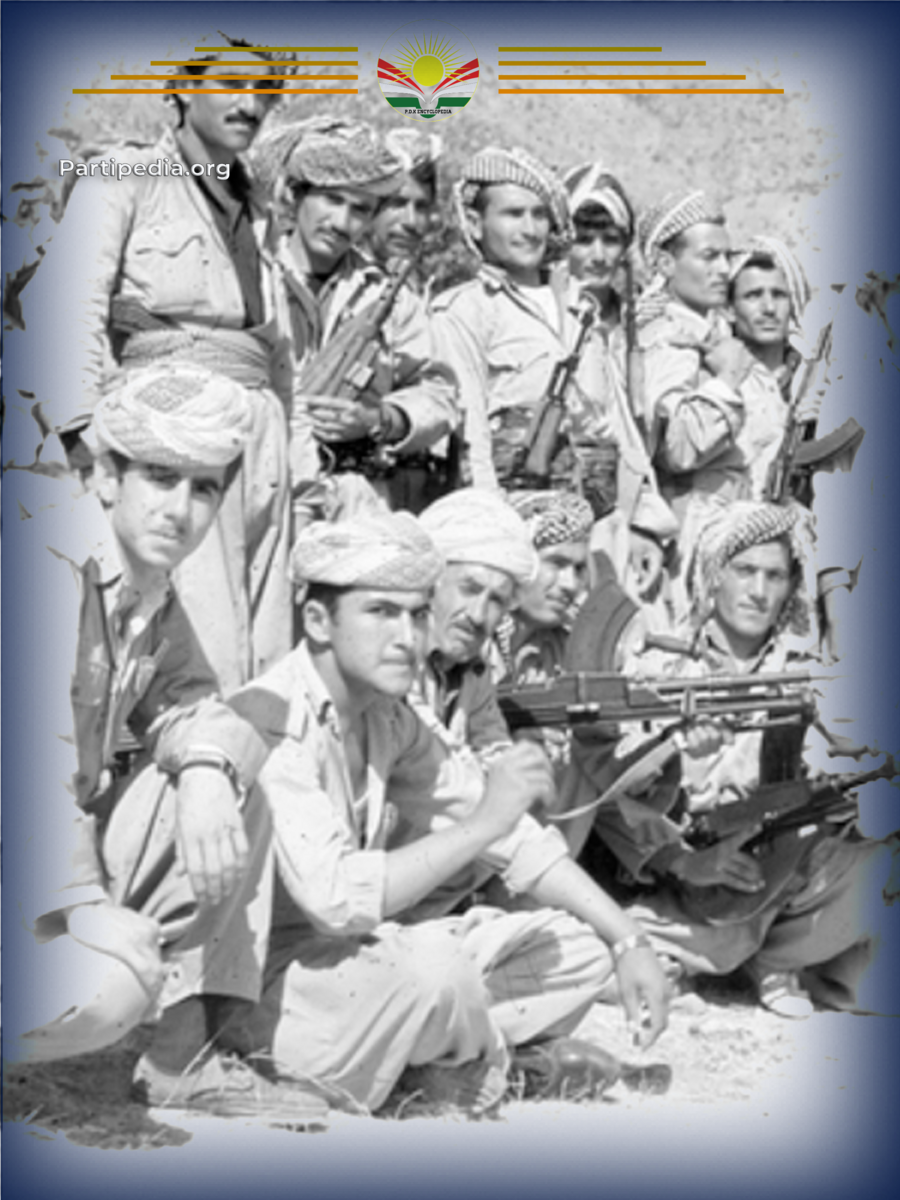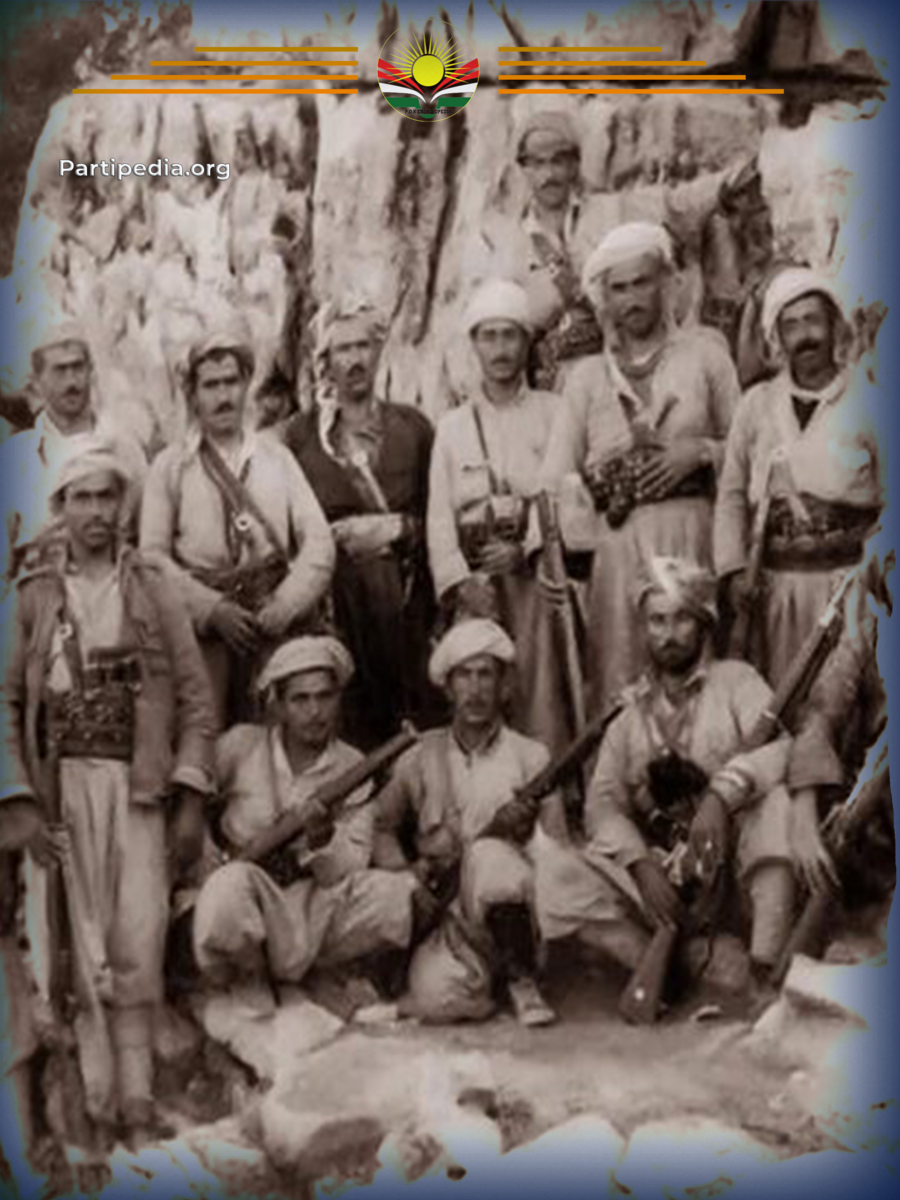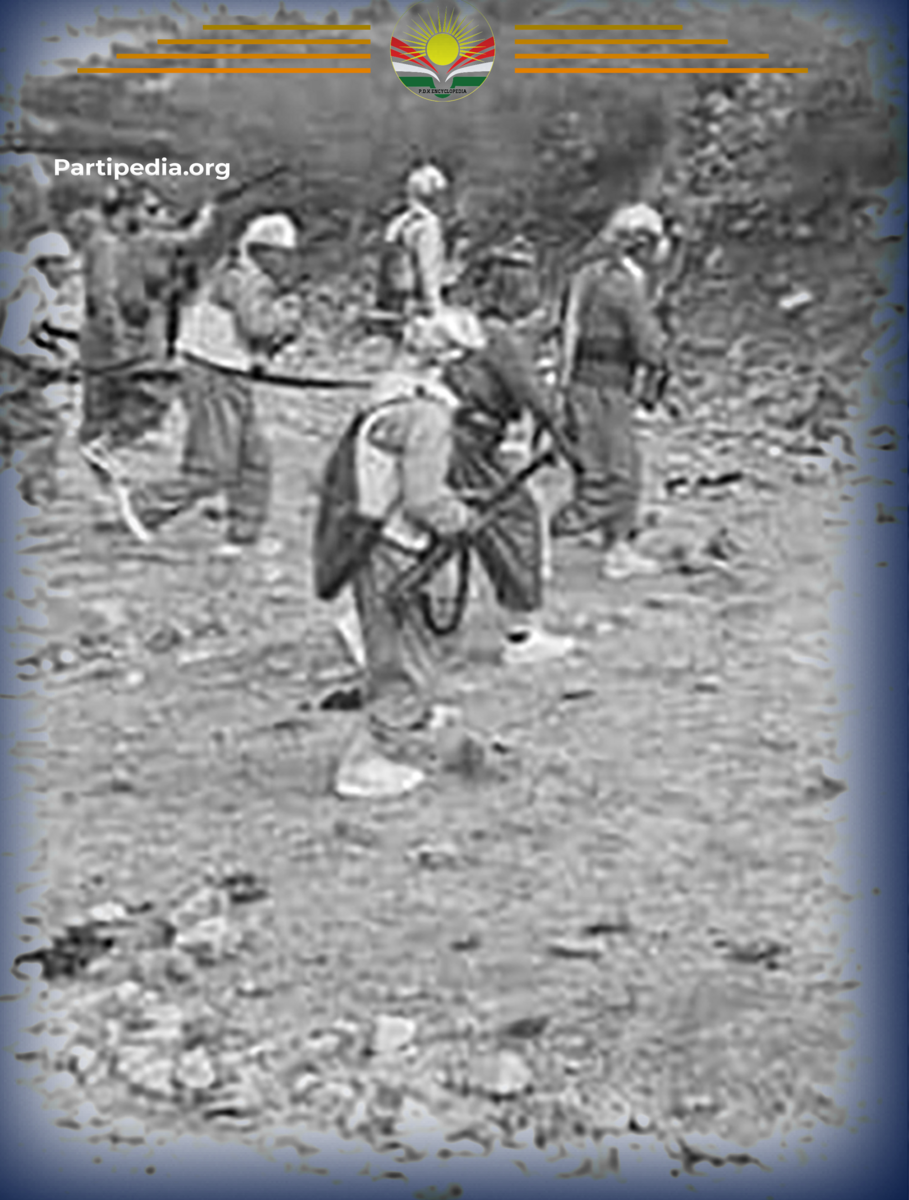In the early 1980s, Peshmerga activities expanded to encompass most of South Kurdistan, adopting guerrilla warfare tactics in villages, cities, and towns. These operations sowed significant confusion within the ranks of the Iraqi army, targeting regime officials who oppressed the people, ambushing military convoys, and attacking security forces and military bases. As a result, the Ba'ath regime suffered substantial losses, with thousands of soldiers and personnel killed, wounded, or taken prisoner. Additionally, these operations secured a considerable arsenal of weapons, bolstering the Kurdish revolutionary movement.
One such operation was the capture of the Twelve Mlaney outpost near Zakho. This mission was spearheaded by a Peshmerga force from the Renjbaran Organization, commanded by Mohammed Murad, and the Martyr Hamid Organization, led by Jabar Mohammed. After meticulous planning, the force departed from Cham Sirmo village under cover of night, traveling along the Khabur River toward Zakho. However, as they neared their target, they discovered an ambush by Iraqi military and security forces on the eastern bank of the river. Alerted by their guards, the Peshmerga successfully evaded the ambush and regrouped. Determined not to abandon their mission, they resolved to strike an alternative target: the strategically located Twelve Mlaney outpost overlooking the Khabur River.
At approximately 9:30 PM, the Peshmerga launched a coordinated assault on the outpost, employing RPGs, grenades, and small arms fire. The operation swiftly overwhelmed the garrison, resulting in heavy casualties among the defending forces. The Peshmerga seized a significant cache of weapons and ammunition, including six Kalashnikov rifles, five boxes of Russian-made ammunition, an RPG with eight rounds, a Greenoff machine gun with 1,000 bullets, a box of grenades, and various improvised military equipment.
As the Peshmerga secured their victory, a large military force from Zakho was dispatched to reinforce the beleaguered outpost. Undeterred, the Peshmerga quickly consolidated their gains and retreated, successfully avoiding confrontation with the reinforcements. By morning, they reached the village of Peraka, where they sent a report to the Zakho Regional Committee of the Kurdistan Democratic Party (PDK). The committee commended the bravery and success of the Peshmerga forces from both organizations.
In retaliation, the Iraqi government shelled the surrounding areas and deployed warplanes for intense bombing runs. Fortunately, these attacks caused no harm to local residents. The Peshmerga’s bold action, executed so close to Zakho, not only inflicted significant damage on the Ba'ath regime but also uplifted the morale of the local population, who celebrated this symbolic victory over oppression.
Source:
1.kdp Encyclopedia Archive.




